Teen Disconnection: How to Stop Feeling Empty
A few weeks ago, a teen was telling me that when she feels stressed, she just grinds through the situation. Afterwards, she notices feeling so disconnected from the experience; empty. She laughed and said, “it’s fine when it’s getting school work done or something, but it really sucks when I want to enjoy spending time with my friends and stuff like that”.
We all have events, situations and even times of the year that can send us into full on automatic pilot – going through the motions from thing to thing. Then, before we know it, the moment has passed and we feel empty and disconnected.

Photo by Canva
In my own life, I remember getting ready for my kids’ birthday parties when they were younger. We loved inviting as many people as possible and having big gatherings with kids running around, laughing, and having the best time. The first couple times I did this, I remember getting into checklist mode, getting things done in a rather robotic manner. If people asked how I was doing, the answer was always a simple “good”. As soon as the party was done, I would want to collapse to take the biggest snooze and I felt kinda numb.
Over the years, I’ve changed and started to allow myself to pause, check-in, and be curious about my experiences in times like these.
Don’t get me wrong, sometimes I still need to buckle down and get sh$t done! But checking-in and pausing has been such a significant shift. The more I practice this, the more I’m able to accept whatever shows up – whatever I’m feeling – and fully enjoy how my experiences feel.
Back to the teen I was talking to – she decided to challenge herself to regularly check-in on her inner experience using the techniques I will share with you down below. Here’s what’s incredible – she came back saying she still had some tough experiences where she was stressed – but she felt more in control. She knew what to do with that stress and could choose how to help herself. She also shared about having some really great hangouts with friends.
Over these next few weeks, while you (hopefully) have a break from your regular routine over the holidays, challenge yourself to do a little stop, pause and check-in on some of your experiences.
Checking in is great to do before something that you find stressful, when you’re feeling confused or unsure about how you’re feeling, or at the beginning or end of your day… It can help set the intention of your day or help you wind down.
Here are 3 techniques you can use to check-in and decrease teen disconnection:

Photo by Canva
An Exercise to Decrease Teen Disconnection: STOP
Take a moment to check-in with this simple practice. You can use the STOP acronym anytime, anywhere.
- S – Stop. Nothing more to do here – you can keep this simple! Or, you can also be a little playful with this by imagining a stop sign in front of you or the word STOP in fun neon letters dancing around… Or maybe your inner voice yelling STOP
- T – Take a breath. No need to change your breathing here. Simply take a breath, in and out!
- O – Observe what is happening. Take a minute to observe what is happening for you – check your inner experience, your thoughts, feelings, any sensations in your body. You can also check in on what you’re seeing, feeling, hearing, smelling, tasting.
- P – Proceed with Intention. Here’s a chance to respond thoughtfully and proceed with awareness.
Here is an example of a time you can use this technique to decrease teen disconnection:
You’re getting frustrated about a school assignment that’s due tomorrow.
S – STOP
T – Take a breath
O – I’m feeling frustrated and overwhelmed. My jaw is clenched. I have a headache and it’s hard to concentrate. It’s due tomorrow and I’m stressed about being behind.
P – I’m going to get up and grab a glass of water and take a few minutes to stop looking at my screen. I’ll get back to it with fresh eyes.

Photo by Canva
An Exercise to Decrease Teen Disconnection: SIFT
This exercise comes out of the work of Daniel Siegel and is part of what he calls mindsight – the ability to look inwards and understand our inner experiences. Imagine kind of sifting through your mind and seeing what shows up in that moment. It’s different every time!
- S – Sensations. List any sensations that you are noticing from head to toe or toe to head. Be curious with your list; no judgement.
- I – Images. List any images that are dropping in for you. They may be stills like a photo or motion pictures like a movie. Or you could see colours, shapes, symbols, words… You might not notice any images at all! There is no right or wrong here, each person is different.
- F – Feelings. List any emotions you are experiencing right now – again, with curiosity and no judgement. You may notice one dominant emotion, or many mixed emotions. There could be a lack of emotions too. Everything is welcome!
- T – Thoughts. List any thoughts that show up in your mind. What is your brain thinking? You may notice repetitive thoughts, questions, random thoughts, etc. Anything goes!
Here is an example of SIFT in action:
You’re hanging out with your friends.
S – my cheeks and mouth are smiling. My chest is kind of warm – happy.
I – not much. Seeing my friend’s face laughing.
F – feeling happy. Excited. Loved
T – this is fun. I’m just enjoying the moment.

Photo by Canva
You can watch a video on this technique here.
An Exercise to Decrease Teen Disconnection: RAIN
This practice can be used to help you set an intention before you start something. It can also be a good practice to do when you are feeling stressed and anxious. I share the short version of this technique below. You can read about it in more detail here.
- R – Recognize what’s going on. Take a moment to notice what is happening – how you are feeling, what thoughts you are experiencing, what the challenge is.
- A – Allow the experience to be just as it is. Instead of trying to solve it, ignore it, or push it away, see if you can give yourself permission to just allow it to be what it is for a moment.
- I – Investigate with kindness. Take some time to be curious about your experience – your beliefs about what’s happening, your inner experience, noticing what is calling your attention the most, etc.
- N – Nurture with Loving Awareness. This is where you respond with loving kindness. You offer yourself self-compassion. You are aware of your experience lovingly.

Photo by Canva
Here is an example of a time you could use the RAIN technique:
You are feeling really anxious and overwhelmed.
R – I’m feeling anxious. I don’t want to go to school. I just want to lie in bed.
A – I’m anxious and that is ok. I can allow it to be what it is right now. It’s not right or wrong- there is nothing wrong or broken about me.
I – My heart is beating fast. My throat is tight. I think there’s something wrong with me a lot. I’m telling myself it’s ok and it will pass.
N – Others feel this way sometimes. I’m noticing my anxiety and I’m ok – I am going to be ok. I can try putting my hand on my heart for a second and breathe.
If you’d like hands on support to implement presence in your life and decrease the feelings of teen disconnection, check out The Happiness Pill program – my signature coaching program for teens like you!

Photo by Canva
You can learn about the science behind mindfulness and get even more tools with my article Mindfulness for Teens: The Good, The Bad, The Ugly!
Here’s to practicing some of these and discovering your incredible resilience and enjoying the good moments so much more.
Love,
Chantal

Chantal Côté (she/her) is a psychologist and teen life coach living in Calgary, Alberta. After over a decade in non-profit and community mental health, Chantal started Pyramid Psychology, a practice dedicated to supporting teens – a population she is constantly amazed by. Chantal is on a mission to help 100,000 teen girls (and their parents) build bulletproof mindsets so they can weather the ups and downs of life. As part of this goal, Chantal has had the privilege of speaking at various events – virtual and live – to support teens and parents.
Outside of this passion, Chantal is often in nature, writing poetry, playing ball hockey and hanging out with her loved ones.
Each week, Chantal writes a blog article in response to issues she hears from the parents and teens she connects with.
If you have something you’d like to read more on – email ideas and questions to info@pyramidpsychology.com or DM us via Instagram or Facebook.


















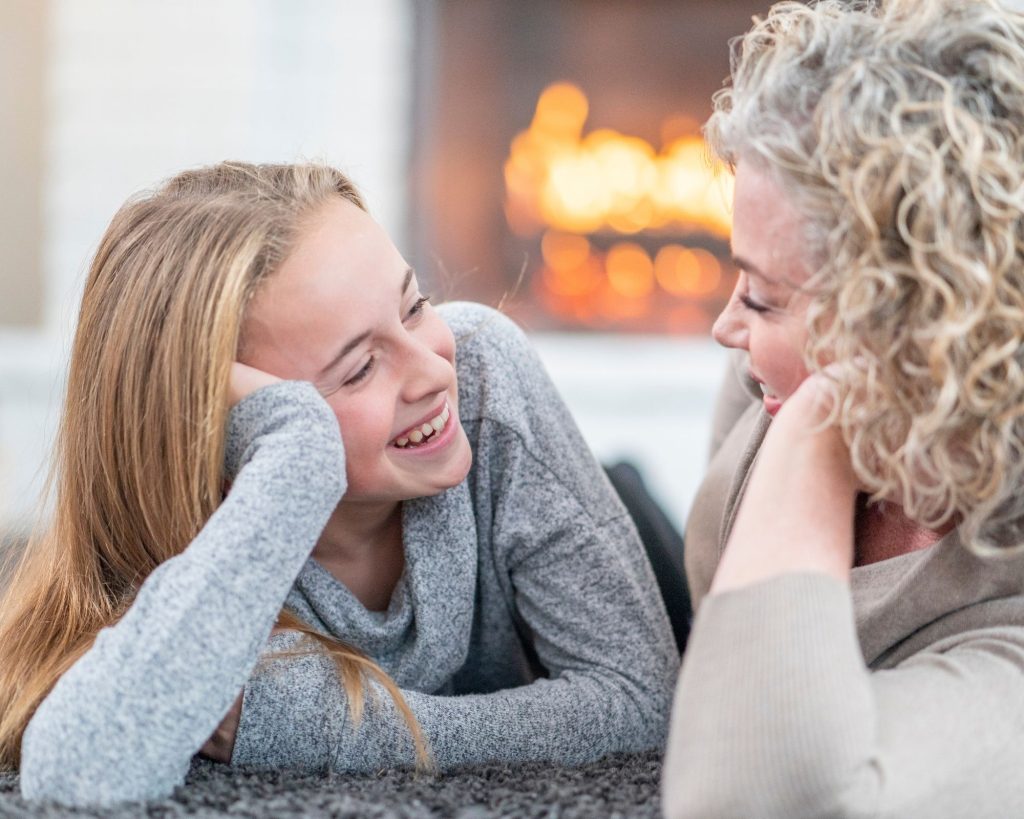







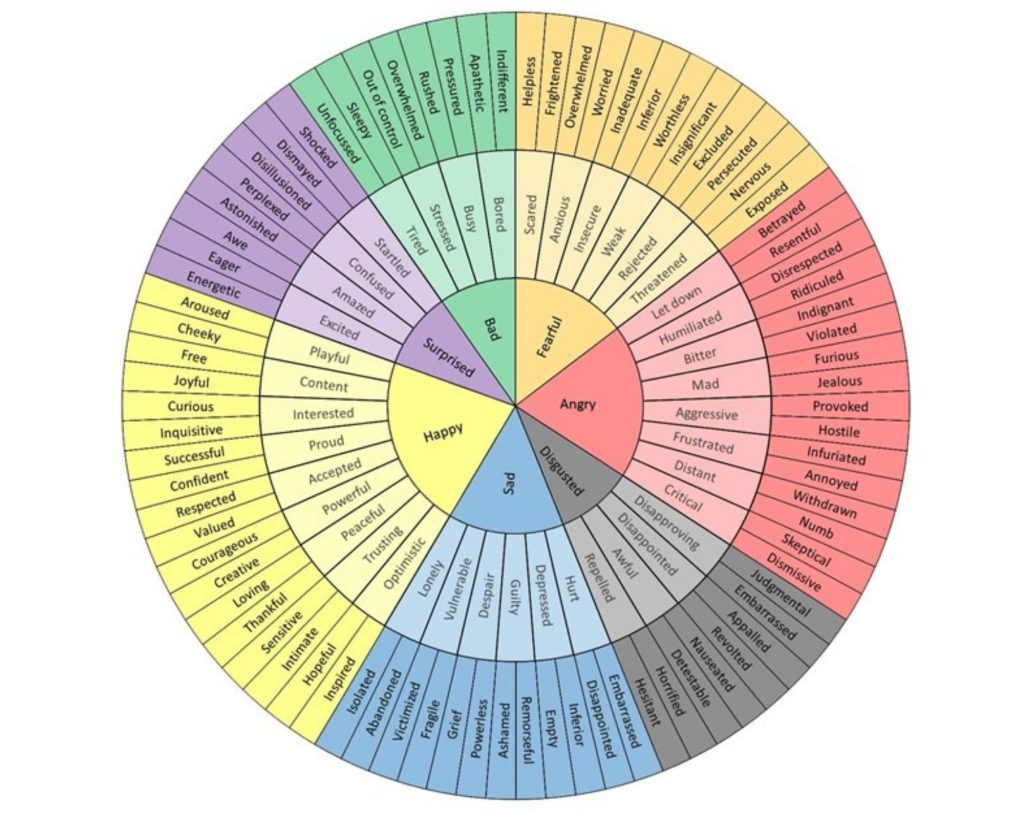











 Physical touch is one of the oldest modes of communication known to humans. In ways of increasing happiness, touch can represent celebration, encouragement, fun, and pleasure.
Physical touch is one of the oldest modes of communication known to humans. In ways of increasing happiness, touch can represent celebration, encouragement, fun, and pleasure. 






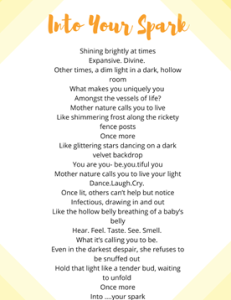




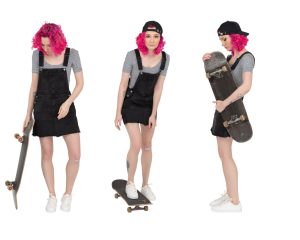

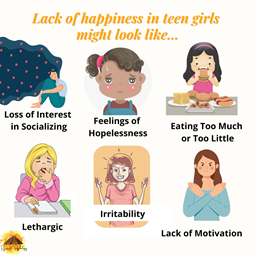
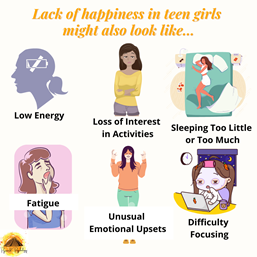






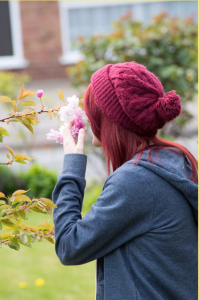




 experiencing depression, in order to be there for her for the long haul, you’ll want to ensure you’re in a good place, filling your cup consistently, so you
experiencing depression, in order to be there for her for the long haul, you’ll want to ensure you’re in a good place, filling your cup consistently, so you  I have heard things like:
I have heard things like:





 Jessa is a counsellor that has recently completed her master of counselling degree through Athabasca University.
Jessa is a counsellor that has recently completed her master of counselling degree through Athabasca University.





